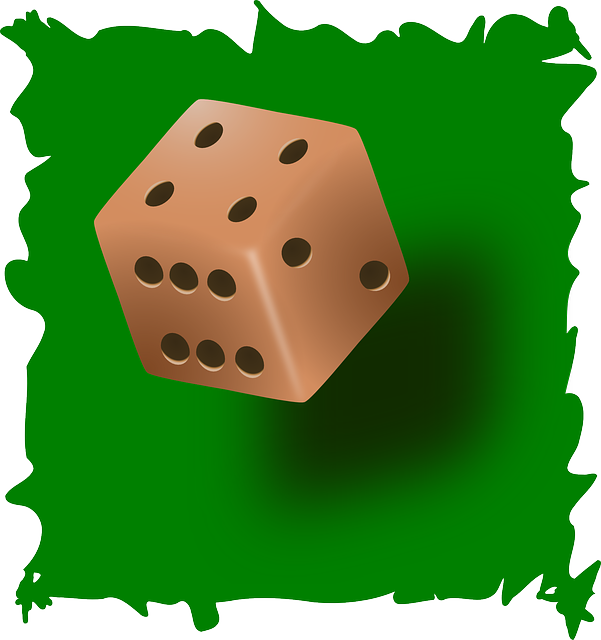Some Benefits of Gambling
Game theory bears out these shifts in strategy. Notice that if you bluffed with five cards instead of six — that is, slightly less than optimally — you would win $300 more per 42 hands if your opponent called rather than folded every time. However, if you bluffed with seven cards instead of six, you would win $300 more if your opponent folded rather than called every time.

Here is where a player’s judgment supersedes optimum game theory strategy: He would bluff a little less against opponents who call too much and a little more against opponents who fold too much. Good, intuitive players understand this concept. If they notice they have folded on the end a few hands in a row, they are ready to call next time. Otherwise players will start bluffing them. And they use similar considerations in deciding whether to bluff themselves. It is against such expert players, whose calling and folding are right on target, or whose judgment is as good as or better than yours, that game theory becomes the perfect tool.
When you use it, there is no way they can outplay you. You pick cards, of course, to randomize your bets. Without the random factor, the good opponents against whom you use game theory to bluff would quickly pick up your pattern and destroy you. The beautiful thing about game theory is that even if your opponent knows you are using it, there is nothing he can do about it.
